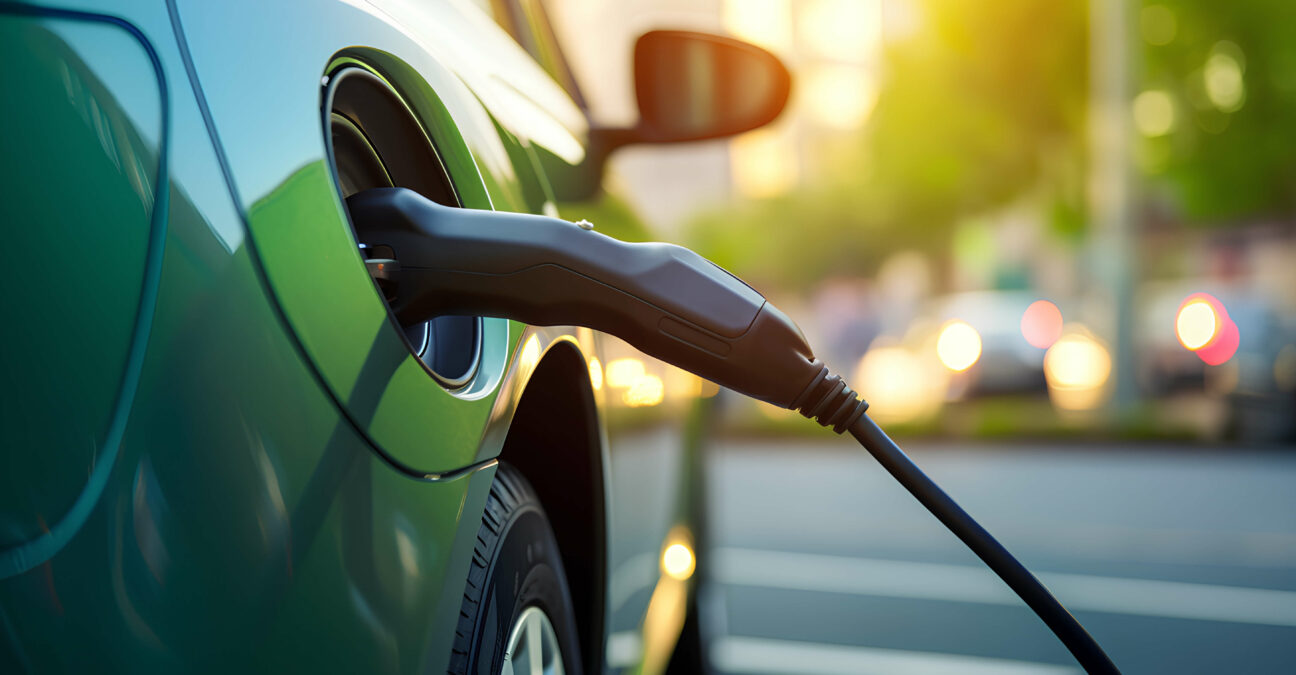The end of the ecological bonus, the delay in electrification, the offensive by Chinese manufacturers…we explain why the end of combustion engines by 2035 is under threat.
1/ The end of the eco-bonus, a major blow for businesses
Businesses, which had access to a €3,000 bonus for the purchase of an electric car costing less than €47,000, will now have to make do without it: the State has preferred to concentrate the budget on the social leasing allocated to the poorest households, to the detriment of the ecological bonus. And yet, the French Mobility Orientation Law is forcing companies to make their fleets greener.
While 45% of vehicles are purchased by companies, Mobilians regrets “the total abolition of the bonus for companies”.
In addition to the end of the ecological bonus, CAC 40 companies are struggling to meet the quotas imposed by law. At the beginning of 2024, Carrefour, SNCF and Air Liquide had 1% electric cars (rechargeable hybrids and electric), compared with the statutory 20% (by 2030, the figure will be 70%).
A few figures to illustrate how far France has fallen behind in terms of the electrification of car fleets; with 15.9% electric cars, it is far behind Norway with 83.4%. Iceland (42.1%) and Sweden (38.7%) complete the top three. Even Germany, reputedly very attached to combustion engines, is ahead of France with 18.4%.
2/ Worried carmakers want the measure postponed
“We won’t be able to do it without damaging the entire industry and the entire value chain of the European car industry,“ warns Luca de Meo, CEO of the Renault Group and President of the European Automobile Manufacturers Association (ACEA). He is hoping for a postponement of the end date for thermal insulation, just long enough for the EU to put in place “the conditions necessary for the emergence of a genuine ecosystem for low-carbon mobility”. In short, fewer standards and more consultation, in line with a genuine European industrial strategy.
The same is true of Stellantis. At the end of 2023, Carlos Tavares, the Group’s CEO, denounced a “very rapid, even very violent” transformation.
Not to mention competition from Chinese electric cars.
3/ The price war is putting the sector under pressure
Chinese cars cost “6 to 7,000 euros less than an equivalent European model”, notes De Meo in the columns of Auto-journal.
By 2023, Chinese carmakers will have achieved a 2.75% market share in Europe for the first time. This historic breakthrough is further damaging the car industry, which has been hard hit by a price war.
The industry is calling on the European authorities to “put in place a defence mechanism”.
4/ The French in no hurry to go electric
According to a 2024 study by Deloitte, fewer than one in 10 French people are considering an electric vehicle for their next purchase. State subsidies allocated to private individuals are not enough to kickstart the transition at the hoped-for rate, and combustion engines still dominate electric vehicles.
While new car sales rose by 10.1% in early 2024, the proportion of electric vehicles remains at just 12%.
5/ The challenge of lithium supply
The electrification of the world’s car fleet raises the question of resources, and lithium in particular. Today, 60% of the lithium mined in the world is used for electric cars. Global reserves are not yet sufficient to meet the targets that have been set. It is estimated that by 2040, annual consumption of lithium for electric vehicles alone will be eight times current global mining production.
For its supplies, Europe currently depends on Australia, China and the ABC triangle – Argentina, Bolivia and Chile – where a large proportion of the world’s reserves are located. This white gold rush, which is set to intensify over the next few years, is not without consequences for the environment. Extracting this metal means polluting the water and air, and threatening ecosystems. In Argentina, for example, where the world’s multinationals feed, an ecological disaster linked to water is expected. And it is the indigenous populations of the region who are the first victims. The social and environmental impact associated with the extraction of this metal is a major issue in the era of all-electricity.

